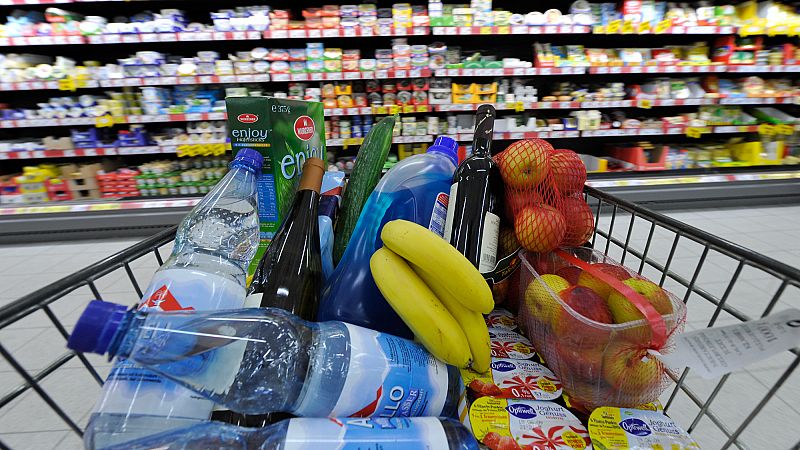
Consumer price growth in Germany held steady in May, while inflation eased in Spain and Italy, reinforcing expectations of a broader disinflation trend across the eurozone.
The preliminary figures released by Germany’s Federal Statistical Office on Friday show that annual inflation in the eurozone’s largest economy held steady at 2.1% in May 2025. The reading came in slightly below analysts’ expectations of 2.2%.
On a monthly basis, German consumer prices rose by just 0.1%, a sharp slowdown from April’s 0.4% increase and the weakest gain since January.
Core inflation, which strips out food and energy, is estimated to have risen by 2.8% year-on-year, indicating that underlying inflationary pressures remain more resilient.
Spain and Italy signal further price moderation
Disinflation trends are also visible across Southern Europe.
In Spain, preliminary data show the annual consumer price index fell to 1.9% in May, down from 2.2% in April and under the 2.1% anticipated by markets.
The deceleration was largely driven by lower prices in leisure and cultural services, as well as more modest increases in electricity and transport costs compared to the same period in 2024. Spanish core inflation also edged down by 0.3 percentage points, settling at 2.1%.
Italy recorded an annual inflation rate of 1.7% in May, slipping from 1.9% in April and in line with consensus forecasts.
Eurozone outlook and policy implications
The latest national readings reinforce expectations that euro area headline inflation will ease further when the aggregate May data are published next week. Median economist forecasts point to a decline from 2.2% in April to 2.1% in May.
Goldman Sachs on Friday lowered its forecast for eurozone inflation to 1.95% year-on-year, down from a prior estimate of 1.99%. The bank also revised its core inflation forecast downward by seven basis points, to 2.37%, citing subdued underlying pressures in Germany.
With inflation across the bloc moving further closer to the European Central Bank’s 2% target, the data add weight to expectations that the ECB may continue to ease interest rates at its next week meeting.
Market reaction muted
The euro traded flat at 1.1335 against the dollar after Germany's inflation print, though it remained 0.3% down on the day.
European government bond yields were little changed, with the German 10-year Bund yield steady at 2.53%.
Equity markets showed mixed performance. The Euro STOXX 50 index dipped 0.4% by mid-afternoon, on track for a broadly unchanged week. Germany’s DAX, however, gained 0.2%, climbing back above the 24,000 mark.
In other news, oil prices fell sharply amid speculation that OPEC+ could increase production by more than 411,000 barrels per day in July. WTI crude futures dropped over 1.5% to $60.2 (€55.3) per barrel, while Brent slid below $63 (€57.9).
Meanwhile, geopolitical risks resurfaced after US President Donald Trump accused China of violating the bilateral trade agreement, reigniting concerns over potential tariff escalations.







